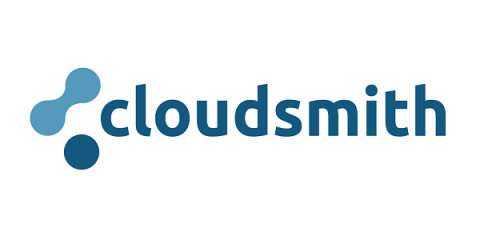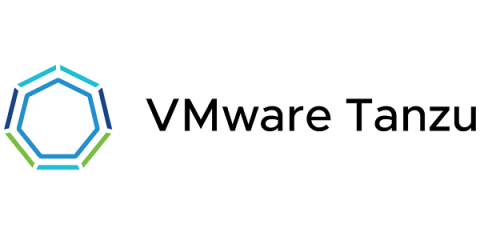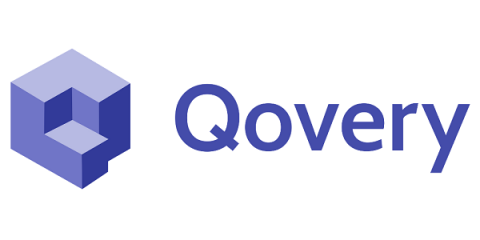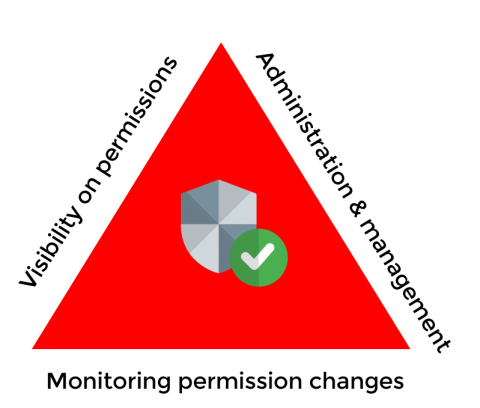Operations | Monitoring | ITSM | DevOps | Cloud
DevOps
The latest News and Information on DevOps, CI/CD, Automation and related technologies.
Creating Organizations and Teams and Managing Permissions In Cloudsmith
One reason for building a ‘single source of truth’ for software assets is that it gives the organization control over who can use what when. The ‘wild West’ of public repositories gives no control at all and can lead to a situation in which packages and dependencies of dubious provenance are integrated into builds without a second thought. Within the Cloudsmith world, we want to have the maximum security and control possible.
Learn How to Build and Maintain Images with KubeAcademy's New Course
We’re excited to announce a new KubeAcademy course—Building Images. Designed for developers, devops engineers, and architects, this intermediate-level course covers different approaches for building images. Completing it will give you the skills and understanding needed to easily start building images and maintain them over time.
Galileo Cloud Compass Tech Talk
Approaching Azure Kubernetes Security
The Splunk Security Research Team has been working on Kubernetes security analytic stories mainly focused on AWS and GCP cloud platforms. The turn has come now for some Azure Kubernetes security monitoring analytic stories. As outlined in my "Approaching Kubernetes Security — Detecting Kubernetes Scan with Splunk" blog post, when looking at Kubernetes security, there are certain items within a cluster that must be monitored.
How to Run and Apply a Codefresh Helmfile: a Step-by-Step Guide
If you’re looking to deploy your services to Kubernetes, Helm works great. However, once you start deploying to multiple environments, developing code as a team, or automating in a CI/CD pipeline, you start to run into limitations with Helm. Codefresh Pipelines using Helmfile has the power and flexibility to address these issues and many others. It’s also one of the best ways to organize your Helm code and values.
I interviewed 200 CTOs from growing startups - here's what came up
Between late 2019 and early 2020, I interviewed more than 200 CTOs of growing US and EU startups on the topics of the Cloud and their working methodologies. I discovered that 86% of these SMB startups use the Cloud and that 48% started their business on Heroku and then migrated to a Cloud provider - especially AWS (Amazon Web Services).
Intro to Kubernetes and Rancher - 2020-07-02
Permissions, access rights, and privileges: Active Directory and Azure Active Directory
Permissions, access controls, user rights, or privileges define what an identity can see or do in an organization. These terms are often used interchangeably based on context, and essentially perform the same function—granting or denying access to the resources in an enterprise.
Monitor Hazelcast with Datadog
Hazelcast is a distributed, in-memory computing platform for processing large data sets with extremely low latency. Its in-memory data grid (IMDG) sits entirely in random access memory, which provides significantly faster access to data than disk-based databases. And with high availability and scalability, Hazelcast IMDG is ideal for use cases like fraud detection, payment processing, and IoT applications.











